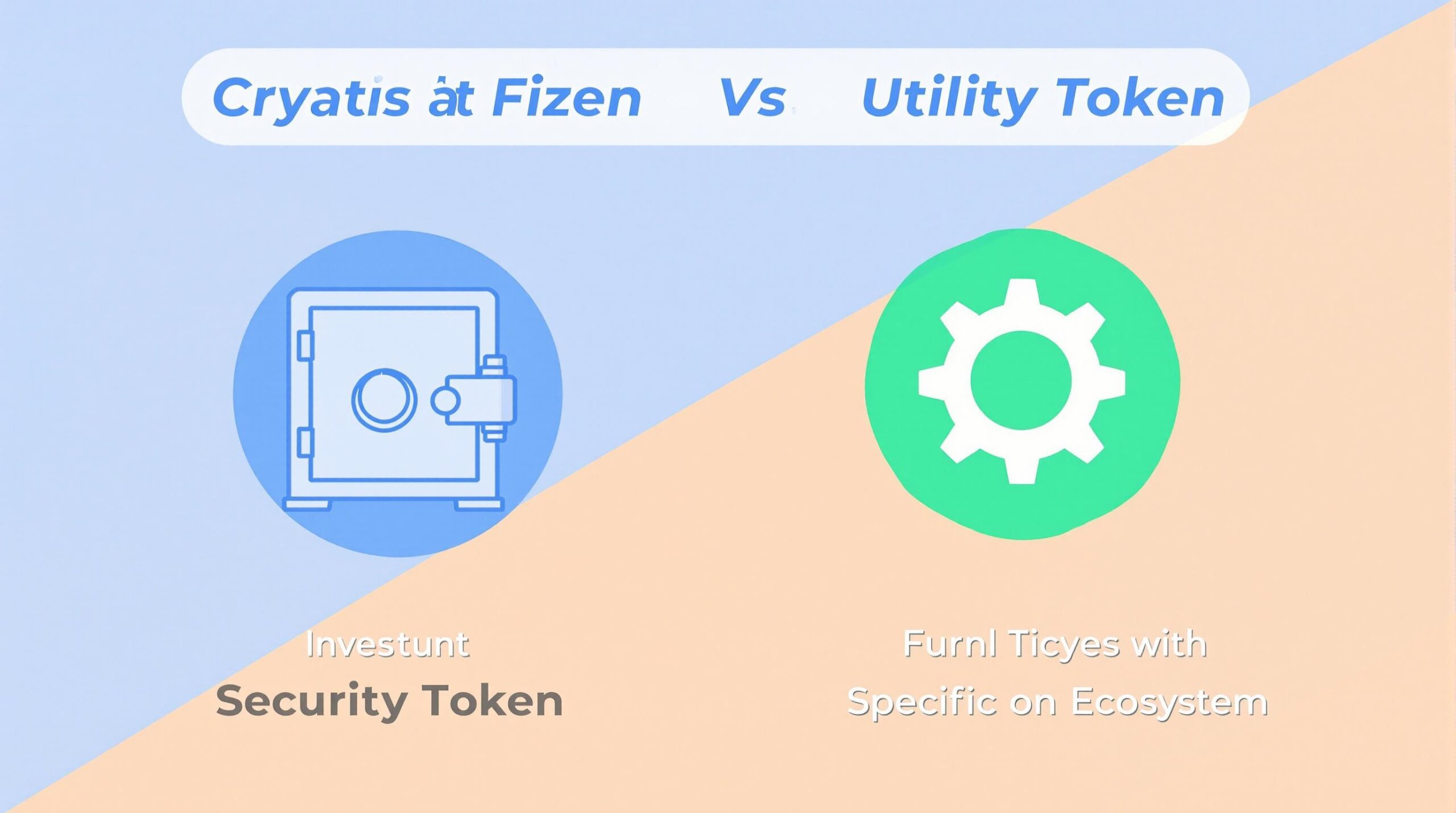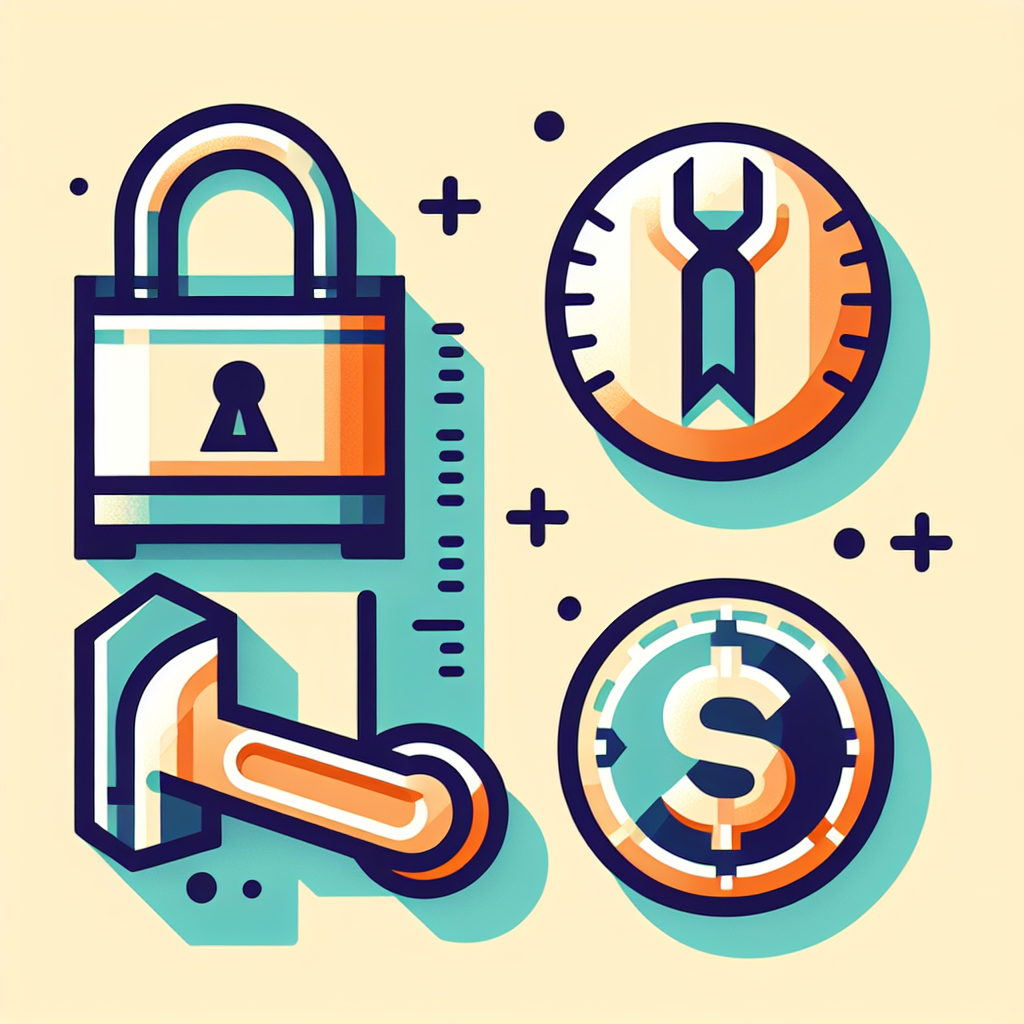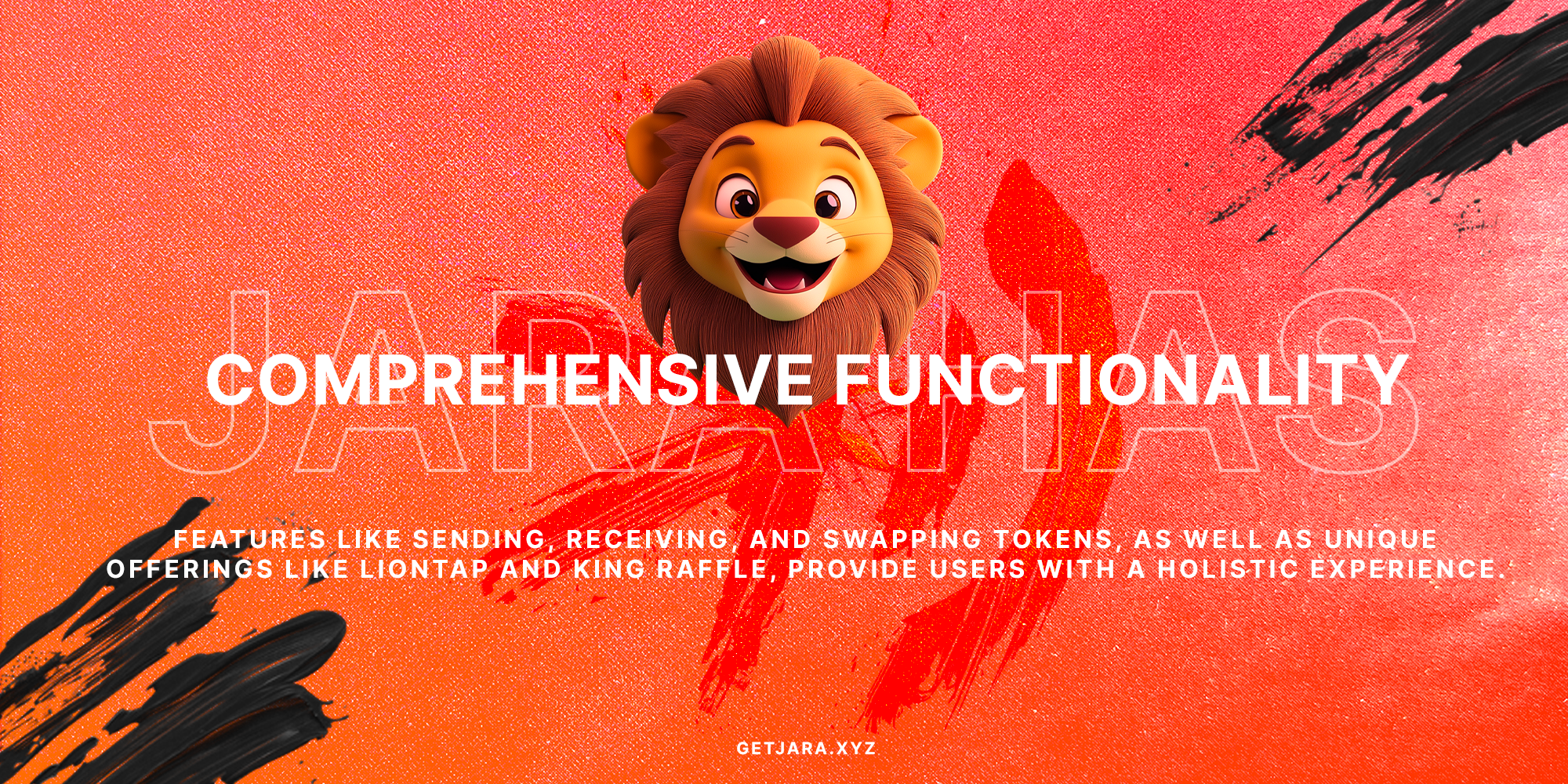Introduction to Tokens: Security vs. Utility
When diving into the intricate world of blockchain and digital assets, one term consistently surfaces: tokens. But what exactly are tokens, and why are they significant in today’s digital economy, especially within the burgeoning African market? If you’ve ever pondered these questions, you’re not alone. In the simplest terms, tokens are digital units of value issued on a blockchain network that can represent various types of assets and utilities.
Before we delve further, let’s differentiate between the two primary classes of tokens: security tokens and utility tokens. At first glance, these might seem complex, but understanding their distinct characteristics can illuminate the rapidly evolving digital asset landscape.
What are security tokens and utility tokens? A security token represents an investment in a real asset with an expectation of profit, whereas a utility token provides access or functionality within a specific platform or ecosystem.
Now, you might ask: why does this categorization matter? Well, the implications of classifying a token as either a security or a utility are massive, particularly concerning regulatory requirements and investment potential. For anyone eyeing opportunities in Africa’s growing digital economy, knowing these differences is critical. Tokens aren’t just a buzzword; they hold the key to unlocking and powering our digital future.
Why Token Classification Matters
Think of tokens as digital keys. Some keys unlock doors to resources or services without promising additional financial gains, aligning with the utility token model. On the other hand, certain keys open doors to ownership of assets with expectations of financial returns, effectively slotting into the security token category.
Understanding token type is crucial for investors and developers aiming to navigate legal landscapes and maximize returns.
Consider the example of real-world asset tokenization. In this context, security tokens might be employed to fractionalize and distribute ownership of a physical property, much like owning shares of a company. By contrast, utility tokens might be used to gain access to special features or services in a blockchain-powered platform, similar to a membership pass.
The way these tokens are perceived and utilized can dictate their regulatory oversight and directly affect their economic potential. As an investor or developer, recognizing whether you’re dealing with a digital membership card or a share certificate is foundational for strategic planning in the digital economy.
The African Context: A Unique Opportunity
Africa, with its rapidly expanding digital economy and vast pool of real-world assets, presents a unique opportunity to utilize both security and utility tokens. Jara, for instance, is leveraging this dynamic market, providing a platform where individuals can invest in projects like the groundbreaking Lagos airport tokenization.
This shift not only democratizes investment opportunities but also encourages financial inclusion through innovative solutions tailored to the continent’s unique needs. With platforms like Jara’s real estate tokenization, more people can participate in high-value projects, further pushing Africa towards becoming a global leader in digital asset innovation.
Jara is revolutionizing how Africans engage with the $200B+ digital asset economy through strategic tokenization projects.
By the end of this section, you should appreciate the differences and significances of security and utility tokens within the African context, opening doors to unparalleled opportunities in technology-driven economic participation. Realizing the potential of these tokens allows everyone from tech-savvy investors to newbie developers to make informed decisions, thereby contributing to the digital revolution sweeping across Africa.
In subsequent sections, we will explore each type of token in greater depth, unraveling the complexities and opportunities inherent in this exciting and rapidly evolving field. Stay with us as we journey through the nuances of blockchain technology and its transformative implications for Africa and beyond.
Understanding Utility Tokens
Utility tokens are digital assets that provide users with access to a specific product or service within a blockchain ecosystem. Think of them as digital keys that unlock features, services, or functionalities within a platform. Unlike well-known cryptocurrencies like Bitcoin, utility tokens are not designed for investment purposes. Their value is largely derived from the utility they offer within a particular platform or application.
Key Characteristics
- Functional Use: Utility tokens serve a particular purpose within a decentralized application (DApp) or blockchain platform. This could include accessing premium features, enhancing user experience, or partaking in governance mechanisms.
- Non-Investment Nature: Unlike security tokens, utility tokens do not promise a return on investment. Users acquire them to engage with the functionalities offered by the associated blockchain project.
- Regulatory Considerations: The regulatory framework for utility tokens is less stringent than that for security tokens. However, businesses must be cautious not to inadvertently categorize them as securities, which could lead to legal complications.
“Utility tokens are the gateway to unlocking specific functionalities within blockchain ecosystems without the expectation of profit.” – Industry Expert
Understanding Security Tokens
Security tokens are digital representations of real-world assets or revenue-generating enterprises. They are designed as investment instruments and derive their value from the underlying assets.
Key Characteristics
- Asset-Backed Value: Security tokens are backed by tangible assets such as equity, real estate, or profit-sharing agreements, mirroring traditional financial instruments.
- Investment Focused: These tokens are explicitly created for investment purposes, with investors expecting returns through dividends or appreciation.
- Regulatory Compliance: Security tokens must adhere to strict securities regulations, including registration with regulatory bodies and protection measures for investors.
“Security tokens represent a bridge between digital innovation and traditional finance, combining the best of both worlds.” – Financial Analyst
Utility Tokens vs. Security Tokens: Key Differences
While both utility and security tokens operate within blockchain ecosystems, their purposes and regulatory requirements differ significantly.
| Aspect | Utility Tokens | Security Tokens |
|---|---|---|
| Purpose | Access to services and functionalities | Investment in real-world assets |
| Value Derivation | Platform utility | Underlying assets and expected returns |
| Regulatory Requirements | Less stringent | Strict compliance with securities laws |
Common Use Cases for Utility Tokens
Utility tokens find applications in various blockchain-based platforms, enhancing user experiences and participation:
- Access to Premium Services: Users can unlock exclusive features or content within applications.
- Voting Rights: Token holders can participate in governance decisions affecting the platform.
- Incentive Schemes: Platforms reward users with utility tokens for specific actions, like boosting content visibility.
Common Use Cases for Security Tokens
The use of security tokens is on the rise, particularly in areas that require asset-backed investment:
- Real Estate Investment: Security tokens can represent fractional ownership in real estate projects, lowering entry barriers for investors.
- Equity Shares: Businesses can offer tokenized shares to raise capital and distribute dividends.
- Revenue Sharing: Token holders can earn a portion of the revenue generated by a project or company.
Challenges in Developing Utility Tokens
While utility tokens are popular, they come with their own set of challenges that developers must address:
- Regulatory Compliance: Ensuring the tokens are classified correctly to avoid them being deemed securities.
- Market Adoption: Encouraging users to adopt and use utility tokens within their ecosystem.
- Value Stability: Ensuring token value is stable enough to incentivize use without speculative trading.
Challenges in Developing Security Tokens
The creation and implementation of security tokens involve navigating regulatory and technical hurdles:
- Regulatory Complexity: Engaging with multiple jurisdictions to ensure comprehensive compliance.
- Technology Integration: Ensuring compatibility with existing financial systems and infrastructure.
- Investor Education: Educating potential investors on the benefits and risks associated with security tokens.
Why Choose Us for Your Token Development Needs
Our firm prides itself on its seasoned expertise in crypto token development, offering tailor-made solutions to suit diverse project requirements. Whether your interest lies in utility or security tokens, we look forward to helping you achieve your goals. Our portfolio spans across various blockchain platforms like Ethereum and Binance Smart Chain, underscoring our capacity to cater effectively to your needs.
“Your Vision, Our Mission – We strive to transform your ideas into successful blockchain ventures.” – Company Statement

Understanding the Difference Between Utility Tokens and Security Tokens
Understanding the nuances between utility tokens and security tokens is crucial for anyone venturing into the crypto and blockchain sphere. Whether you’re looking to invest or simply want to grasp how these tokens function, this guide provides the clarity you need.
Utility Tokens vs. Security Tokens: Knowing the distinction can make or break your blockchain project!
Key Characteristics of Utility Tokens
- Primary Purpose: Utility tokens are designed to offer access to specific products or services within a blockchain network. They’re like your ticket to exclusive features or perks in a decentralized app.
- Non-Investment Focus: Unlike stocks or bonds, utility tokens aren’t purchased with the expectation of profit. Their value is strictly tied to the utility they provide.
- Regulatory Considerations: As long as a utility token is purely for utility and not for investment, it typically faces less regulatory scrutiny compared to security tokens.
For a deeper dive into utility token functionalities and regulatory guidelines, check resources like Blockchain Council.
The Nature of Security Tokens
- Asset-Backed Value: Security tokens are tied to real-world assets such as equity, real estate, or revenue agreements, making them a blend of traditional financial instruments and digital tokens.
- Investment-Centric: People invest in security tokens expecting financial returns, similar to purchasing company stocks.
- Regulatory Demands: Due to their investment nature, security tokens must adhere to stringent securities laws and compliance measures globally.
More insights about security tokens are available at Coinbase.
Utility Tokens: Popular Use Cases
Utility tokens can serve multiple purposes within their respective platforms:
- Access Control: Grant users access to select features or sections of a platform.
- Community Governance: Offer voting rights to token holders for governance decisions within a decentralized app.
- Incentive Mechanisms: Reward users for participating in specific activities, boosting engagement.
“Utility tokens are the backbone of any thriving blockchain ecosystem. Their real power lies in the endless possibilities they offer.”
Challenges of Utility Tokens
- Regulatory Ambiguities: As regulations evolve, ensuring that utility tokens aren’t misclassified as securities can be challenging.
- Market Saturation: With numerous tokens entering the market, distinguishing a token as truly unique and valuable can be tough.
Security Tokens: Key Use Cases
Security tokens are prominent in the investment world for these uses:
- Equity Tokens: Represent shares in a company, similar to traditional stocks.
- Revenue Sharing Tokens: Entitle holders to a portion of enterprise revenues.
- Asset Tokenization: Allow for the digitalization and fractional ownership of physical assets like real estate.
Discover the potential of security tokens with Antier Solutions.
Challenges of Security Tokens
- Regulatory Compliance: Navigating the global regulatory landscape is a significant challenge for security tokens.
- Market Adoption: While promising, widespread adoption of security tokens is still in its early stages.
“In a world where investment meets innovation, security tokens offer the best of both realms.”
Choosing the Right Token Development Partner
When diving into the token ecosystem, picking the right partner for development is essential. Look for expertise, experience, and a history of successful projects in token creation standards and blockchain integration.
It’s not just about technology; it’s about aligning tokens with your business vision. At Antier Solutions, we empower your business with customized services, ensuring your token’s success from concept to market.
Understanding Utility Tokens vs. Security Tokens
Cryptocurrency brings with it a world of opportunities and terms that might seem a bit daunting at first. Among these, utility tokens and security tokens hold a significant place. As you dive into the world of crypto, these are terms you’re likely to encounter frequently. So, what’s the difference between them, and why does it matter?
Understanding the distinctions between utility and security tokens is crucial for anyone looking to invest or participate in blockchain projects.
What are Utility Tokens?
Utility tokens are essentially digital assets created within a blockchain, mainly designed to provide users with some form of access to a product or service within a specific platform. Think of them like admission tickets to a concert. They allow you to experience the show but aren’t necessarily valuable outside that context.
- Key Concept: Utility tokens grant access to specific features or services.
- Non-Investment Nature: These tokens are not primarily intended as investments; their value is tied to their use within an ecosystem.
- Regulatory Considerations: Usually subject to less stringent regulation but caution is advised to prevent them from being classified as securities inadvertently.
Examples of Utility Tokens
Imagine a decentralized social media platform where you could use tokens to boost your posts or access premium content. Another example could be a game where tokens could be used to purchase in-game items.
Challenges with Utility Tokens
While offering a straightforward approach to engage with blockchain features, utility tokens face a few challenges:
- Key Challenge: Ensuring clear communication about their non-investment nature to avoid regulatory issues.
- Market Fluctuations: Their value can be volatile based on the platform’s success and user engagement.
What are Security Tokens?
Security tokens represent ownership in an actual asset or company and are akin to traditional stocks. If utility tokens are concert tickets, security tokens are more like stocks in the concert company. They derive their worth from real-world assets and provide holders the expectation of financial returns.
- Asset-Backed Value: The worth of security tokens stems from the underlying assets or rights.
- Investment Nature: These are explicitly designed as investments, with expectations of returns like dividends or profit-sharing.
- Regulatory Compliance: They must adhere to stringent securities regulations to ensure investor protection.
“Security tokens are shaping the future of digital finance. Understanding them is crucial for modern investors.”
Examples of Security Tokens
Consider a token that represents a share of revenue from a blockchain-based real estate fund or a tokenized equity share in a company.
Challenges with Security Tokens
Security tokens, while offering new avenues for investment, bring with them their own set of challenges:
- Regulatory Hurdles: Navigating the complex legal landscape can be daunting, requiring thorough compliance checks and registrations.
- Market Acceptance: Gaining widespread acceptance and trust in the financial industry can be slow.
Key Distinctions between Utility and Security Tokens
| Aspect | Utility Tokens | Security Tokens |
|---|---|---|
| Purpose | Access to platform features | Investment with financial returns |
| Value Derivation | From ecosystem utility | From underlying assets |
| Regulation | Less stringent | Subject to securities laws |
Navigating the Crypto World with Confidence
Whether you’re a business looking to implement a token-based system or an investor exploring new opportunities, understanding the strengths and limitations of utility and security tokens is essential. Having clear insights helps in making informed decisions, ensuring compliance, and maximizing the potential of your crypto ventures.
“Your success in crypto hinges on the decisions you make today. Choose wisely, choose informed.”
Why Choose Us for Token Development?
At our firm, we provide expert token development services, ensuring your business navigates the complexities of crypto with ease. We have deep experience with various blockchain platforms like Ethereum, Binance Smart Chain, and others, ensuring your tokens are tailored to fit your needs perfectly.
- Comprehensive Services: From utility tokens to security tokens, we cater to all your development needs.
- Expertise: Leverage our experience to create compliant and efficient digital assets.
- Support: Receive dedicated support throughout your project to ensure success.
For tailored advice on how to venture into the world of cryptocurrency tokens, reach out to our dedicated team. Let’s navigate the crypto space together!
This HTML content is structured to not only inform potential clients about the differences and benefits of utility and security tokens but also encourage them to consider professional services in this arena, aligning with SEO strategies for increased web traffic and engagement.

What are the advantages of tokenizing real-world assets?
Tokenizing real-world assets involves converting physical assets into digital tokens on a blockchain, providing enhanced liquidity, faster transactions, and reduced costs.
The process offers numerous advantages, such as:
- Increased Liquidity: Tokens can be traded on various platforms, making assets more accessible.
- Fractional Ownership: Enables partial ownership, allowing smaller investors to participate.
- Transparency and Security: Blockchain provides immutable records, enhancing trust.
- Cost Efficiency: Reduces intermediaries, lowering transaction costs.
How do utility tokens function within a blockchain ecosystem?
Utility tokens serve as access keys for decentralized applications, enabling users to engage with platform services.
Within a blockchain ecosystem, utility tokens are utilized for service access, transaction fees, and sometimes governance participation, depending on the platform design.
They primarily facilitate:
- Access: Users need tokens to utilize specific features or services.
- Incentives: Platforms reward participants in tokens for contributions or usage.
- Voting: Token holders may vote on key project decisions.
Why are security tokens subject to regulations?
Security tokens are akin to traditional securities as they represent ownership in an asset or a stake in the financial success of a project.
Security tokens are regulated because they match investment contract criteria, reflecting ownership rights and entitlements that require legal oversight to protect investors.
This regulation ensures:
- Investor Protection: Safeguards against fraud and unfair practices.
- Market Integrity: Establishes trust in secondary markets.
- Legal Compliance: Adherence to securities laws worldwide.
What roles does $JARA play in the Jara ecosystem?
$JARA is the native utility token of Jara’s ecosystem, crucial for governance, transaction fees, and unlocking platform features.
As a utility token, it:
- Powers Transactions: Used as gas fees on the Jara blockchain.
- Enables Rewards and Staking: Offers staking rewards and participation in governance.
- Access to Premium Features: Unlocks exclusive content and enhanced features.
Learn more about Jara’s ecosystem and potential at Jara’s official platform.

Related Pages
Explore these related articles to dive deeper into the world of tokenization and its impact on various asset classes.

Take the Next Step with Jara Wallet
“Empowering Africa with blockchain-based solutions, Jara bridges global capital to African assets.”
Are you ready to explore the potential of your digital assets? Download the Jara Wallet App today to seamlessly manage and understand the difference between security tokens and utility tokens. With Jara, you’re not just managing assets—you’re joining a movement to connect the world to the vibrant African market.
- Download on Android: Get Jara Wallet from Google Play
- Download on iPhone: Get Jara Wallet from the App Store
Stay informed and be part of our community. Follow us on social media to keep up with the latest trends and insights into the tokenization of real-world assets:
Join us as we lead innovation in the tokenization of African markets. Connect with #JARA now!
Understanding Personal Injury Law
- Definition: Personal injury law involves legal disputes arising when one person suffers harm from an accident or injury, and someone else might be legally responsible.
- Types of Cases: Includes automobile accidents, slip and fall, medical malpractice, and product liability.
- Compensation: Victims may receive compensation for medical expenses, lost wages, and pain and suffering.
The Role of a Personal Injury Lawyer
- Legal Representation: Lawyers advocate on behalf of clients to secure fair compensation.
- Case Evaluation: Provides clients with a professional assessment of their case’s merits.
- Negotiation Skills: Experienced in negotiating with insurance companies to achieve the best possible outcome.
- Court Representation: Handles litigation proceedings should the case go to trial.
FAQs About Hiring a Personal Injury Attorney
- Question: How do I know if I need a personal injury lawyer?
- Answer: If you have sustained serious injuries or legal complexities arise, seeking a lawyer can be crucial.
- Question: How much does hiring a personal injury lawyer cost?
- Answer: Many lawyers work on a contingency basis, meaning fees are paid only if you win your case.
Important Steps After a Personal Injury
- Seek Medical Attention: Immediate medical care is vital for health and documentation purposes.
- Gather Evidence: Collect photos, witness contacts, and accident reports for your case.
- Consult with a Lawyer: An attorney can provide guidance specific to your situation.
- Communicate Carefully: Exercise caution when discussing the incident with insurance companies.
Benefits of Choosing Our Law Firm
We champion your rights with dedication, ensuring your voice is heard and your needs are met.
- Experienced Team: Our lawyers have decades of collective expertise in personal injury law.
- Client-Centered Approach: We prioritize the personal circumstances of each client, ensuring customized support.
- Proven Track Record: We have successfully recovered millions for our clients in settlements and verdicts.
How to Contact Our Personal Injury Lawyers
- Call Us: Reach out to schedule a free consultation with our expert legal team.
- Email: Send us your inquiries, and we will respond promptly with detailed information.
- Online Form: Use our website form for a quick and easy way to connect with us.

















